Tim Ferriss, author of The 4-Hour Body confirms that dieting is not “easy”. He clarifies that the 4-Hour Body Diet is “simple”, with simple, straightforward rules, but that does not make it “easy”.
I personally lost 30 pounds on the slow-carb diet and have maintained that weight loss over the past 10 years.
Many others have found long-term success following a slow-carb lifestyle, but some common mistakes listed below can slow you down on your fat-loss journey.
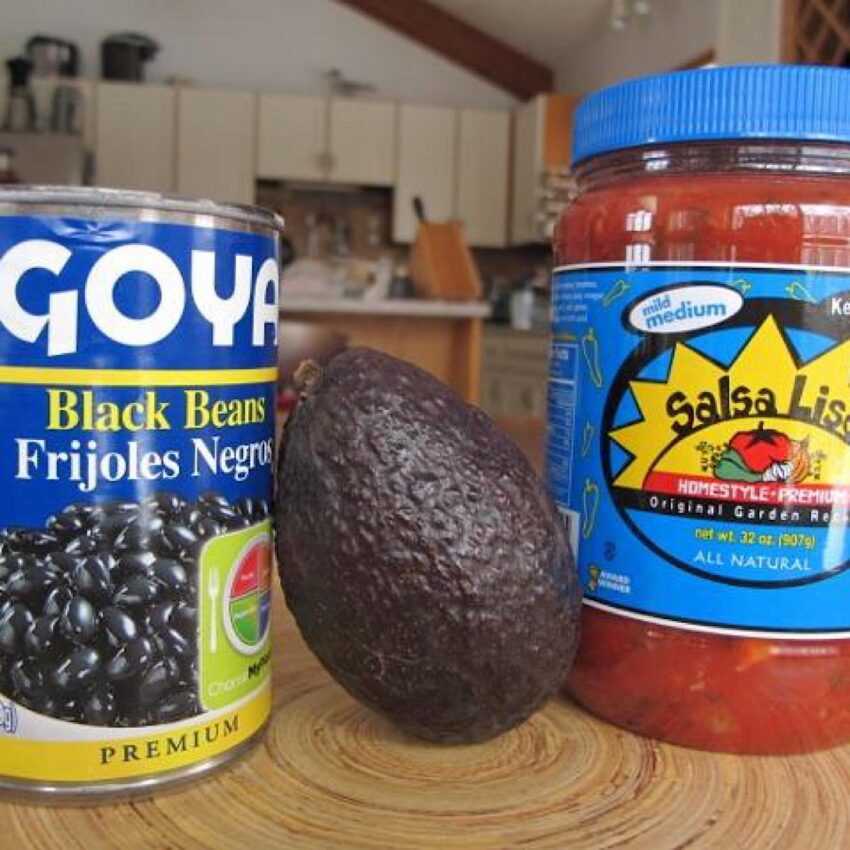
This post may contain affiliate links. As an Amazon Associate, I also earn from qualifying purchases. You can read our disclosure information here–
Why is the Slow Carb Diet so Popular?
There is more than one answer to this question, but in my opinion, it has become popular because it has a set of simple rules that are easy to understand (and because of cheat day of course!).
I have personally tried other diets in the past, but many of them were hard to follow.
Some of them required unusual ingredients, others precise combinations, and others were simply unbearably boring.
The Slow Carb Diet uses the principles of the 80/20 Rule to focus on the few things that cause the highest impact.
For example, the slow-carb diet recommends having a high protein “first meal” that avoids sugar, flour, and dairy. That is a relatively small change that can have a huge impact on weight loss.
16 Most Common Mistakes on the Slow Carb Diet
Below is a list of the most common mistakes I have seen as a slow-carb diet coach (most apply to keto diets also).
If you are stalled or not losing weight, check to see if any of these mistakes apply to you.
#1 Having Carbs for Breakfast Rather than Protein and Fat
It is not uncommon for people to think they can have “healthy oatmeal” or fruit and not pay the price. This is particularly true with habitual bagel & cereal eaters.
Eat a high-protein-no-carb breakfast – it makes a BIG difference.
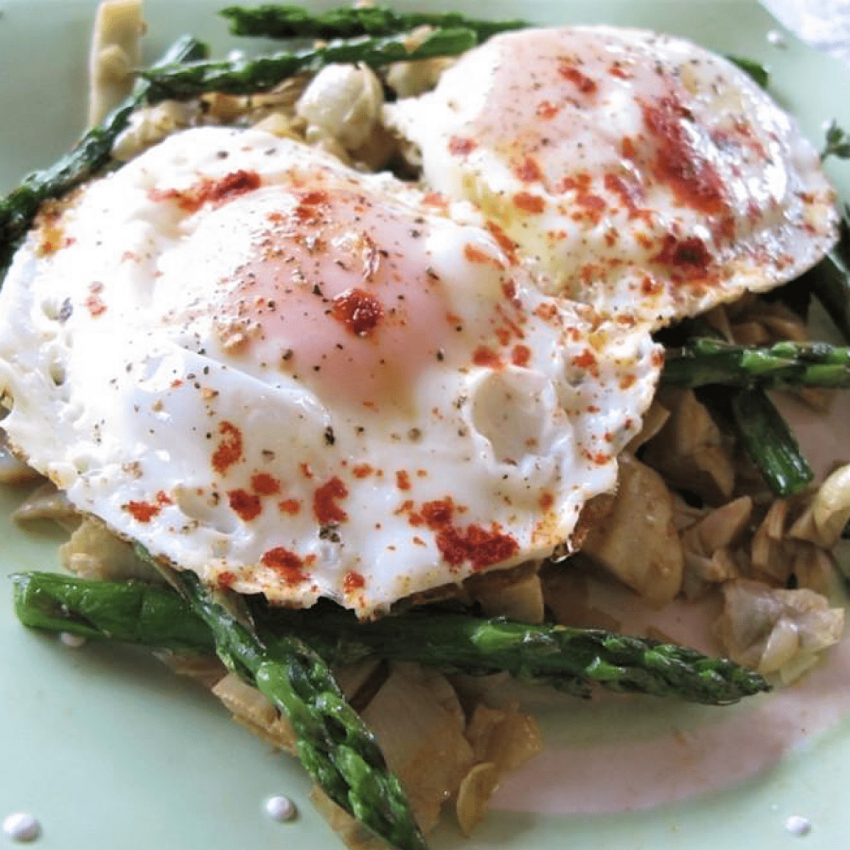
#2 Not Eating Beans/Legumes
This is a very common mistake. When you switch from a high-carb diet to a high-protein-low-carb diet, you can easily become deficient in calories.
Often this will lead to fatigue and hunger and you will quit.
Did you know? Legumes have a lot of fiber and protein and because of this, they are a “slow carb” that can offer a form of energy that will not spike your insulin levels like a refined carb.
You don’t need beans with every meal, in fact too many beans can stall your diet, as they are fairly dense in calories.
I’ve found about a cup per day to be optimal for most. Monitor yourself and if you end up getting fatigued, increase the quantity of beans in your day.
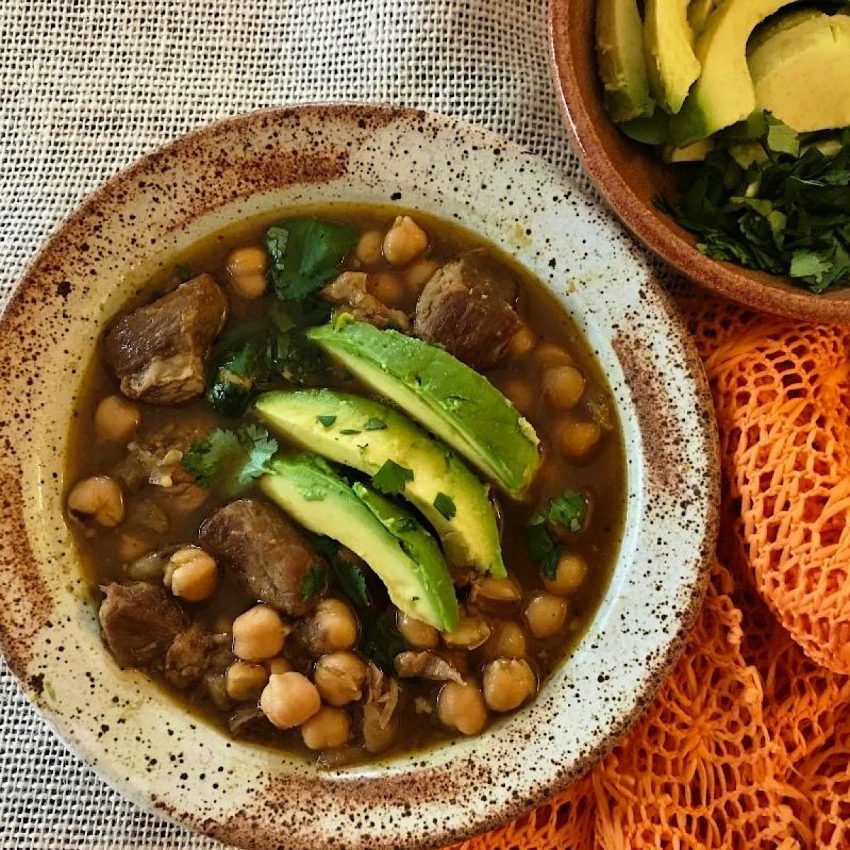
#3 Not Paying Attention to Domino Foods
Keep Domino Foods under control (foods that may easily lead to overeating) by deciding on the size of each portion in advance.
There is nothing wrong with occasional snacks of compliant foods, just keep a close eye on the size of the portions.
Domino foods include nuts, peanut butter, chickpeas, olives, etc. Nuts are a particularly common culprit in weight loss stalls.
Tip: You can keep a list of allowed and compliant slow-carb foods handy to help you pay attention throughout the day.
#4 Not Getting Enough Sleep
Sleep deprivation can lead to gaining weight because of the hormonal imbalance it causes.
The hormones leptin and ghrelin regulate your hunger, and lack of sleep can play havoc with these hormones.
In addition, lack of sleep leads to emotional instability which often leads to bad decisions regarding food.
#5 Not Drinking Enough Water
“Enough” water is based on the individual; how much you sweat, how much protein you’re eating, how much you exercise, etc.
The common number cited is eight glasses a day, but that is fairly arbitrary.
A more compelling guidepost would be five clear urinations a day. (Sorry for the TMI).

#6 Getting Off on the Wrong Foot
You don’t have to take a college class to understand low-carb eating, but you do need to understand where hidden carbs are lurking.
Take Note! Learn to read labels, focusing on two things: grams of sugar and grams of carbs.
#7 Giving Up Too Quickly
There are lots of different approaches to low-carb or slow-carb eating, and there are often missteps at first, as you try to find one that works for you or to modify an existing one.
There is a tendency to overreact a bit when everything doesn’t go quickly or perfectly, and give up. Don’t give up.
At a minimum, you need 6 weeks of being totally compliant before throwing up your hands and say it doesn’t work.
#8 Not Enough Vegetables
I have been a diet coach for years for a large range of people. Many have told me they get fatigued eating a diet lower in carbs, and it turns out they are eating almost no vegetables or beans.
Don’t forget! Slow carb is not an “all-protein” diet. You need the micronutrients that come from vegetables.

#9 Not Enough Fat
This can be a real problem also. Despite efforts to get out the word about healthy fats, the unscientific myths regarding the negative aspects of fat just won’t die.
This leads some to attempt a low-fat version of a low-carb diet.
Reminder: Low fat & low carb together do not work. Nothing will sabotage a diet faster than hunger and you will get hungry without some good fats. High fat & high carb doesn’t work either by the way.
Slow carb is a “high-protein-moderate-fat-low-carb” diet.

#10 Not Enough Fiber
Eating enough vegetables will go a long way towards ensuring you are getting enough fiber in your diet.
Seasonal fresh veggies are the way to go if possible, but there is nothing wrong with quick frozen veggies either.
In fact frozen vegetables frequently have more nutrients preserved than fresh vegetables that have been exposed for too long at the grocery store.
If you really want to go the fresh route, try a small vegetable garden. This Italian kitchen garden design is the way I started adding daily veggies to my meals.
#11 Eating Too Much
Indeed, you don’t have to count calories on a slow-carb diet. But that doesn’t mean calories don’t count.
The great thing about slow-carb eating is that protein and fat are satiating and you don’t get as hungry as quickly as you do when eating high-carb.

Some people make the mistake, however, of thinking they can just keep eating and eating and still lose weight as long as the food is slow-carb.
Listen to your body – eat when you are hungry, and stop when you are comfortable.
It takes about 20 minutes for your body to register “full”, so push yourself away from the table when 80% full, wait a bit and then if you are still hungry later come back for more. Chances are you won’t be.
# 12 Lack of Planning
When you first start on a new way of eating, you’ll run into old “habits” that need to be changed to new healthier ones.
No longer can you mindlessly hit the drive-thru or snack on chips and dip while watching TV. This is a good thing.
Pausing to reconsider our habits is a constructive step towards making improvements in our lives (*note: read Gretchen Rubin’s “Better Than Before” book for strategies to change habits).
In the case of eating, it’s important to plan ahead for a while, until our new habits come naturally.
Nothing will sabotage your goals more quickly than realizing that you’re hungry but you don’t know what to eat.
You’ll reach for the most convenient thing you can find, and that is often a readily available, high-carb snack.
Instead, plan ahead by having slow-carb snacks available in the kitchen and even in your car or at work.
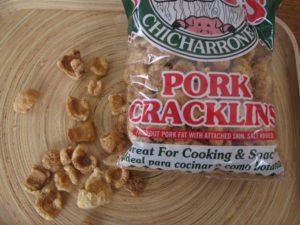
#13 Getting into a Rut
Tim Ferriss talks about eating the same thing over and over as a strategy (actually it’s one of his 5 rules) for “weight loss”. This works well for a while, but eventually, people get bored and start looking for variety.
Slow carb should be viewed as a lifestyle change rather than a diet. Eating the same things over and over can help you achieve your weight loss goals initially, but you may not be able to sustain the weight loss over time unless you add variety to your diet.
A varied diet is also better nutritionally. Basically, what helps here the most is learning to cook. Most dishes can be modified to decrease carbs.
Tip: Many delicious slow-carb recipes are available right here on my “Farm to Jar” site.
#14 Problem Ingredients in “Low-Carb” Packaged Foods
Many protein bars and many “health drinks” are loaded with sugar and carbs.
Learn to read labels and give a cautious look towards products that talk about “net carbs” or “impact carbs”.
Be wary of “sugar-free” products if they have things like maltitol in them (a sugar replacement that is just as bad as sugar).

#15 Carb Creep: Paying Attention
Set a personal weight gain limit that works for you and if the scale starts to creep up more than 3 pounds, pay attention.
Pay attention to the candy jar at work, to the “just a little sugar in my coffee”, to the “well, just this little bit can’t hurt” self-talk.
Carb creep is subtle and can become a vicious cycle. If you notice carb creep, start over for a few days to a week with the strict protocol.
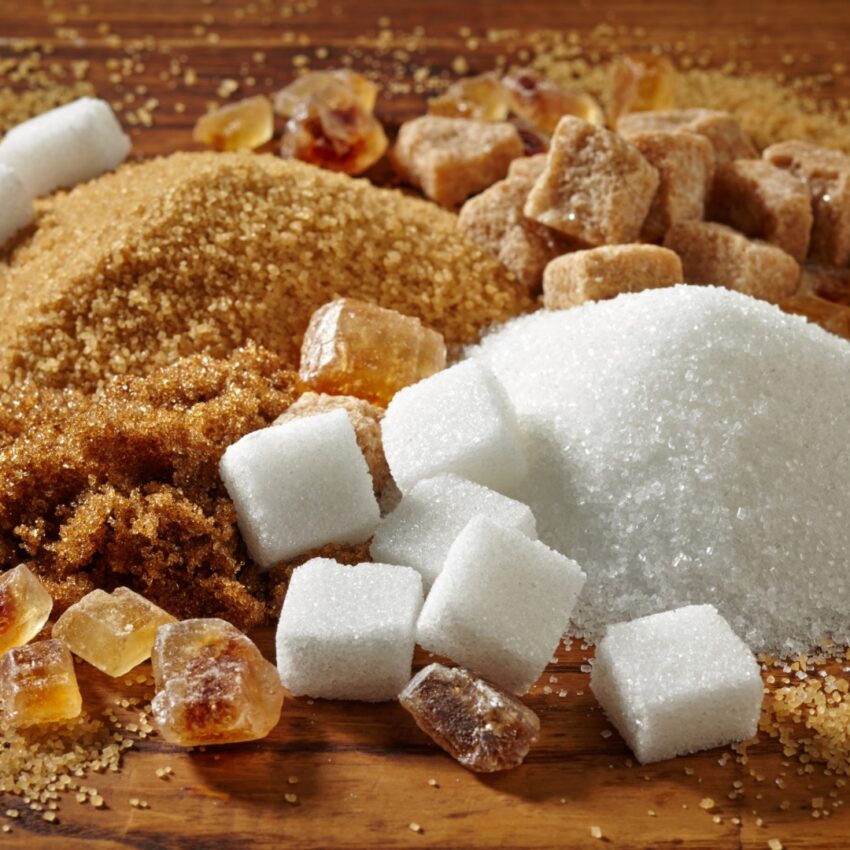
#16 No Exercise
While you don’t need to exercise to lose weight at the beginning of the diet, at some point you will need to build some muscle to keep your metabolism high and maintain the weight loss.
Resistance training of some sort, coupled with some high-intensity interval training is the quickest way to build muscle and lose weight.
There are many different forms of this type of exercise. Choose something that fits your lifestyle and that you can stick with in the long run – just make sure a part of your regime includes some resistance or strength exercises.
If you have a YMCA near you, they offer a huge range of resistance, cardio, and mobility classes. What I like about their classes is that many of them have been standardized by long-term professionals and then given to the various instructors to learn and incorporate.
You don’t have to rely on the whims or belief systems of the different trainers (they tend to vary a lot and can be quite dogmatic).
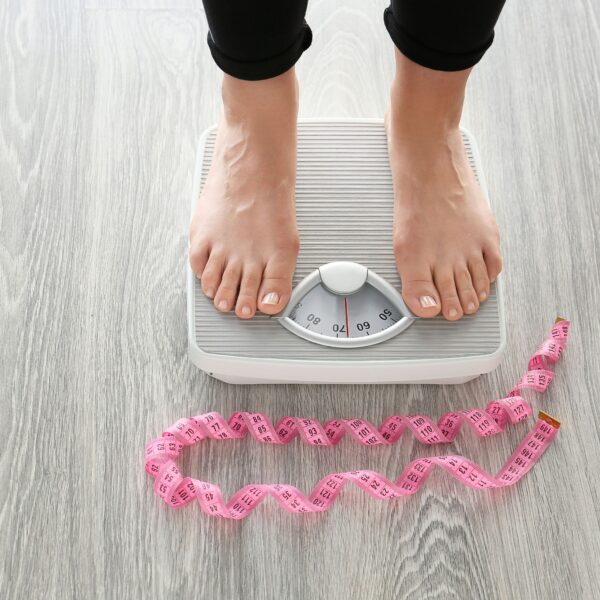
Slow Carb vs Keto vs Low Carb
Many of these mistakes on the slow-carb diet apply to most of the low-carb approaches that are currently popular. If you are not sure which type of diet approach is best for you, check out this summary of keto vs slow-carb vs low-carb to help you decide.
If you like my articles about cooking and gardening, subscribe to my weekly newsletter, where I share free recipes and gardening tutorials.


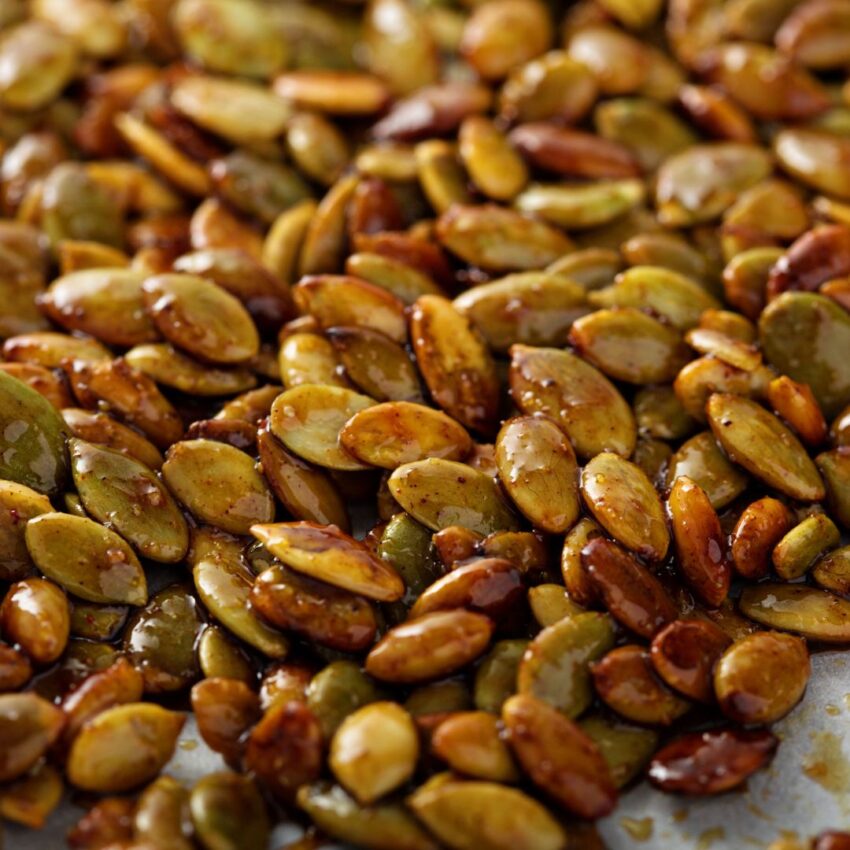
Dorothy, great article. Thanks.
These are very helpful. One thing that is helping me is to be aware of my feelings and attitude rather than trying to get better and happy right away. This helps to keep me motivated. When I try to change my mood too quickly I become disappointed or frustrated and can make it into a bigger thing than it needs to be.
Usually my sleep is connected to the feelings.
I am a little tired today.
I have lost 12 pounds in 5 weeks.
Thanks for your excellent resource.
[…] on the Slow Carb Diet". I don't know if any of these apply to you but you can check it out: http://farmtojar.com/recipes/slo…low-carb-diet/. She does mention "carb creep" in #15 and setting a carb limit but not a carb count, and […]
I have been so faithful to this. 5 months, 20 to 30 carbs a day and I have hit a plateau for one month. So discouraged!
Hi Paula, Plateaus can indeed be very discouraging. Every diet eventually hits a plateau. With respect to low carb diets, there are several things you can do. Sometimes you just have to wait it out, sometimes you need to tweek a few things that your body doesn’t respond well to (i.e., nuts) and sometimes you have to go to a more robust plan like a ketogenic diet (higher in fat, lower in protein). Your body can only use so much protein and if you are getting too much protein it may be turning into glucose through gluconeogenesis. The best way to tell is to get on an app called myfitnesspal.com and monitor closely and then start problem solving (tweeking). Hope that helps.
I started on Aug 29th…the first week I lost close to 4 pounds…by Sept 19th in the a.m. I was close 7 pounds down; however, this week it’s going the opposite direction. I feel so discouraged! I am not eating anything I am not allowed to during the 6 days; what I have a problem with is eating within the 30 minutes of waking up on the days I work out….I have to get up at 4:45 a.m. In your experience, do you have to eat legumes in the first meal? I found a protein powder made of fava beans and lentils; which I use in my protein shake; and I wonder if maybe it’s too much? How many grams of protein should we consume? Thank you!
Hi Marta, Based on my personal experience and my coaching experience, I no longer believe in or comply with the 30 grams protein within 30 minutes waking. It seems to be much more effective to eat when you are hungry and don’t eat when you are not hungry. That said, the first meal of the day should be as few of carbs as possible. I would not eat legumes in the first meal. Aim for around 20 grams of protein, some fat and only incidental carbs in the first meal. The legumes are there for the purpose of keeping fatigue away when you are only eating protein and veggies. I also would not use a protein shake with fava beans and lentils. Ferriss recommends a whey isolate protein shake and that is what I have seen be most effective.
Nice article. Your writing style makes it a breeze to read (no annoyingly fluffy intro paragraph). My questions is on adding enough fat. Do you have any tips on adding fats to the diet? How much, and what kinds? What has worked best for you? Thanks!
I agree. Loved the info, delivery and flow!
Hi Michael! Thanks for the comments on writing style. Basically I’m just not that interesting to add in the personal notes, and whenever I am looking for info on the internet, I like to get to it pretty quickly, so I try to write that way also 🙂
Re fat: Fat has lost the negative stigma it used to have towards health (even saturated fats). The only fats that are truly unhealthy are the trans fats (margarine, etc.). With respect to slow carb, it is a high protein – moderate fat – low carb way of eating. The fats that are listed in the book as compliant include: butter, some heavy whipping cream for coffee, avocados, olive oil, fatty/oily fish, full fat cottage cheese and a few other things. Depending on your strictness with slow carb and how low you go in carbs, you can also add in aged hard cheeses. Ketogenic diets are high fat – moderate protein – very low low carbs and with those diets you can add a lot more fat. Just be sure and avoid high fat together with high carb. That is the Standard American Diet that has got us into so much trouble with diabetes and obesity.
I gained 4 pounds in my first “cheat day” it’s one day after and feeling discouraged. I have done everything to the plan except the beans. I have enough energy without hand I am getting my protein with meat and or eggs and veggies is this ok or do I have to eat beans (I hate beans ) lol
Hi Heather, To answer your questions I would have to see your food diary for a couple of weeks and get a better idea of your history, etc. That is really a coaching question. The questions I can answer here on the blog are just questions about the diet in general. There could by a number of different variables that are stalling your weight loss. You could also go over the the Q and A section of the coach.me site and get some free support there. There is a community of people on slow carb and they are pretty supportive and offer ideas. The site is https://www.coach.me
Can I snack on skinny pop while on the slow carb diet?
Well….it is not compliant if you follow the rules strictly. That said, it is not horrible either if you need a transition snack. If your daily sugar and carbs are pretty low (less than 100 grams carbs and less than 25 grams sugar), you are probably OK with a little skinny pop. Strict slow carbers would call that heresy however.
I’m very confused about the difference between keto and slow carb diets. Is a slow carb diet a form of a keto diet? Why is a cheat day workable on slow carb but not advised on keto I’d weight loss is the goal?
They are different ways of eating. Both are considered low carb. Keto is much lower in carbs and higher in fat and does not include a cheat day or beans. The goal of keto is primarily focused on health and reversing inflammatory disease and help people with insulin resistance. It does usually result in fat loss also. Slow carb is more focused on bringing a healthy, sustainable way of eating into your life that will result in fat loss.
Dorothy, I love your articles. They are full of good information and I always learn a lot.
Seems not drinking enough water is the issue in lots of diets. 🙂 . Thank you for sharing the details.
Yes, although it is even more important with high protein diets, as a lot of protein can have diuretic properties and it is critical to replenish the water.
Good ideas for me to consider. Trying to get more veggies in my life
For me water and vegetables are the most challenging areas to hit daily…
Water is the tough one for me also Scott. Really important on a high protein diet however, as protein is a diuretic. Vegetables seems to be challenging for most people. Both figuring out how to cook them and also making them tasty is the challenge. I’m trying to focus on vegetable recipes in 2020 so stay tuned.
Glad you added exercise there at the end.
Yes, exercise is important for health and longevity, but for fat loss diet and sleep are the biggest bang for the buck
Great article!
So glad you liked it Michala!
Thank you so much for great tips.
You bet. Keep at it, it’s worth it!
Ferris writes in the Slow carb diet to eat mostly protein for breakfast within 30 minutes of waking.
I can not find a straight answer on WHY within 30 minutes? I understand eating protein to break a fast. Why does timing matter?
Is it simply to avoid craving bad food? Or is there a legitimate metabolic reason?
Hi Chip, that particular recommendation always confused me also. First of all know that Ferriss’s book is fairly old now and he regularly promotes intermittent fasting, which usually means skipping breakfast all together. I have not been able to find any research that supports a metabolic benefit of eating within 30 minutes of waking. I believe he recommended it for these reasons: 1) when you first wake up your body is looking around for energy. Carbs are the easiest macro to turn into quicker energy and if you deny your body carbs and give it protein instead it is forced to use stored carbs for energy, hence using some of your own fat stores. 2) the typical American breakfast has been cereal, pastries, toast, orange juice etc. All high carb foods that will result in hunger before lunch and be problematic for weight loss 3) he saw evidence of his father and others lose weight by changing their breakfast regimen. It is an easy rule to follow and if you are coming from a bad diet, it can show immediate results.
I am a strong believer in 16/8 intermittent fasting and I have heard Ferriss promote this also. A lot of it depends on your previous diet and how many rules you need to be compliant with a slow carb lifestyle. Rules can be very helpful for some people. In the end he promotes experimenting with everything on your own body.
I was going great for two weeks until I couldn’t sleep, waking up halfway through the night. Research showed me this must be related to insulin, since I have loads of everything else, including a magnesium supplement which never fails me. So I ate one slice of pizza, 3 hours before bed for carbs to help with insulin and I had a full nights sleep. I also tried grapefruit last night and did ok, got about 6 hours. But these things aren’t part of the diet so I want to figure out what should I be doing to get a full nights rest?
Hi Andrew, to me sleep is the ultimate health parameter. It is so important to both mental and physical well-being. I struggled with sleep for a long time and have finally mastered quality sleep, but it took some digging into the variables. It may be that you need a few carbs at dinner to get good sleep. It also may be that your body is adjusting and it may take a month or so before it completely adapts to this new lifestyle. Also, make sure that you are taking magnesium citrate and not magnesium oxide.
Now, that said the best thing you can do is a sleep diary. If you have a fitbit, monitor the quality of your deep and REM sleep and then track all the variables you can (this would include what your dinner was, whether you had alcohol, exercise, stress level, hydration). Then keep your room cool and dark.
If you need a few carbs to help you sleep, go for a piece of sourdough or rye bread with butter rather than pizza.
Our bodies are all so different and it may take some sleuthing to figure out if this is an adjustment period or something else. Are you going to bed hungry? Dehydration, hunger or overeating can all cause sleep problems. High protein diets tend to be dehydrating so make sure and drink plenty of water throughout the day.
Good luck!!
I have been following this diet for about 6 weeks and have lost maybe 4 pounds. I’m not sure what I am doing wrong. My daily diet consists of: breakfast as soon as I wake up, about 8:00 (2 eggs, sausage, and riced cauliflower, about 25g protein), lunch around noon (quinoa, beans, and beyond beef, about 33g protein), snack before workout (usually peanuts with pre workout powder, not going overboard with peanuts), after workout protein shake with creatine and glutamine. I am prescribed a sleeping pill that can give me the munchies but I always eat either meat or peanuts and usually not going overboard, right before bed. I drink over a gallon of water a day. Other than lifting weights 5 days a week I am following the plan pretty perfectly. I get about 7 hours of sleep each night. I still have a decent amount of fat around my midsection. 34 year old male. Why am I not seeing more progress?
@dorothy stainbrook, Did not realize quinoa was not compliant, will definitely cut that out. I’ll also try cutting out breakfast as I don’t particularly enjoy eating in the morning anyways. Thanks so much.
You bet. Best of luck on your journey…..it’s a worthwhile one!
It’s hard to say without delving into your macros. The first thing I would do is log everything religiously into myfitnesspal for a few weeks. It’s easy to underestimate things and it may be that you’re just getting too many calories regardless of if it’s compliant food. Calories still count.
The other thing I would look at is breakfast. Ferriss has moved away from this idea of forcing a high protein breakfast within an hour of waking. He constantly talks about different fasting regimes and the one I saw people have the most success with is 16:8 (i.e., skipping breakfast).
I don’t know what your cheat days are like, but you may have to space them out once every 2 weeks, or go lighter on cheat days.
Lastly quinoa is a grain and he states it is not compliant with slow carb.
These are just a few ideas. It’s really hard to say anything for sure without delving in to your particular macros and body chemistry.
Hey great to see you are still responding to comments on this article years later. Agree with the others below it’s very well written so thank you.
I’ve read a lot of slow carb, keto, low-carb etc over the years. I started all the way back in 2002 with Atkins and I’m even responsible for helping brand ‘Bulletproof Coffee’ with Dave Asprey.
My question is on the cheat day. In addition to making the slow-carb diet more mentally sustainable over the long term, does the cheat day actually help with weight loss over time.
I know vaguely of a ‘carb-cycling’ diet out there. I think the idea is that by cycling in carbs occasionally it helps keep your metabolism high?
So basically I just want to know if an occasional cheat day should be considered an important part of the diet. Naturally there will be some out there who decide to forego the cheat day in an attempt to maximise the speed of weight loss. Is that no-cheat-day group actually ‘cheating’ themselves out of faster weight loss?
In my experience with myself and a wide range of clients, these are the thoughts I have in retrospect. Cheat day is definitely necessary for most people at the beginning for mental perseverance. It is also useful to show people how fatigued and slow-witted you are the next day when you overdo the sugar.
Physically/chemically however I think people see better weight loss when they back off the cheat day (usually around the 2nd month). Either by spacing it out to every other week, or just taking it easy and having toast, ice cream or a dessert you’ve really been craving rather than loading up on as much junk as you can fit in a day.
Which is the other thing….cheat day is not really a full day. Ferriss has you start it after you’ve had a slow carb breakfast so it really only ends up being lunch and dinner.
Re maximizing the speed of weight loss, it does seem to have some scientific validity. This video by Ferriss himself explains the need for it better than I could: https://youtu.be/PsGkGrUQYys
I’m stuck. I’ve done the Slow Carb Diet in the past several times with great success. I pick one item from each list and eat the same meals all week. Then switch it up for the next week. Sometimes waiting 2 weeks for my cheat day, no alcohol or exercise… Just everyday running around /commuting… and lost 10-15 lbs in a month. This time I’m not having any luck. I do prep my meals so it is convenient to pop into the microwave. The only things different this time around is… I am a little older, I replaced 2 meals a day with 30mg Preimer Protien shakes (I though this would help kick start the weight loss) and I’m somewhat living a sedentary lifestyle – I’ve been working from home since the pandemic. So no more running around commuting or socializing. Could these changes make the difference? I’m becoming discouraged. I’m trying to lose that 25lbs Pandemic weigh. I just bought treadmill and light weights as I feel any exercise is a good thing to get moving.
Any thoughts?
Hi Christine, I’m so sorry to hear you are struggling this time around. This may not help any, but you are not alone. Over and over I have seen people lose weight fairly easily the first time around, only to come back later and struggle the second time.
In your case I suspect you are going to have to add more activity, if you are being very strict on the diet part. 2 years age difference should not really be an issue. I would add in walking or something easy to start with. It’s kind of amazing what walking 1-2 miles a day will add and it’s cheap and easy.
Check out this post on reaching a plateau also to see if there is anything else you might be missing: https://farmtojar.com/diet-plateau-weight-stalls/
Best of luck. It’s not easy for sure, but totally worth it from a health standpoint if nothing else.